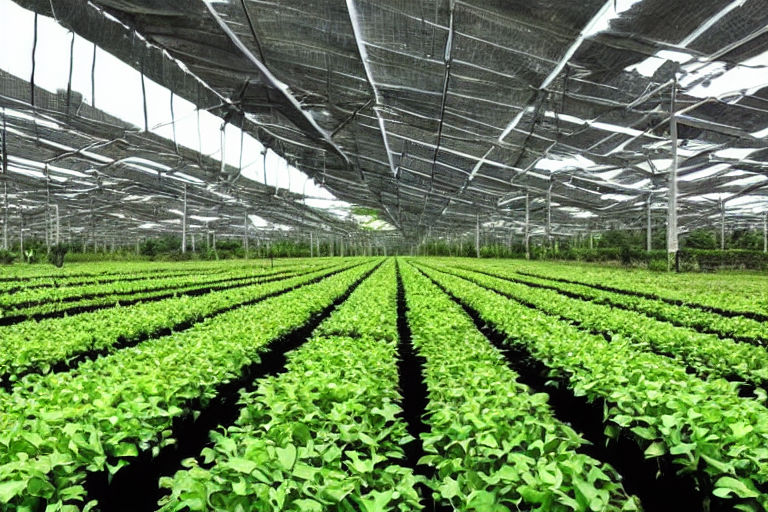Eco-Friendly Agriculture: How Sustainable Farming Shapes the Future of Our Food
As concerns about the environment continue to grow, more and more people are turning their attention to sustainable agriculture. Eco-friendly farming practices can help reduce the negative impact of agriculture on the environment, while also promoting healthier food and supporting local communities.
What is Sustainable Agriculture?
Sustainable agriculture is a farming method that focuses on producing food without causing harm to the environment. This includes practices such as crop rotation, using natural fertilizers, and reducing the use of pesticides and herbicides. Sustainable agriculture also takes into account the needs of future generations, ensuring that we can continue to produce food without damaging the land or water supply.
Why is Sustainable Agriculture Important?
Sustainable agriculture is essential for a number of reasons. Firstly, it is an important way to protect the environment. By reducing the use of harmful chemicals, farmers can reduce water pollution, soil erosion, and the loss of biodiversity. Additionally, sustainable agriculture can also help combat climate change by reducing greenhouse gas emissions.
Furthermore, sustainable agriculture is important for the health of the people who consume the food produced by these practices. Because sustainable farming methods do not rely on harmful chemicals, the food produced is often healthier and safer for consumption. Additionally, sustainable agriculture can support local communities by providing jobs and promoting local food systems.
How can Consumers Support Sustainable Agriculture?
As consumers, we can help support sustainable agriculture by making informed choices about the food we buy. We can buy local produce from farmers who use sustainable farming methods, or choose to buy organic products. We can also support sustainable agriculture by reducing food waste, as this reduces the pressure on farmers to produce more food using harmful methods.
Conclusion
Eco-friendly agriculture is a critical component of our future food systems. By focusing on sustainable farming practices, we can protect the environment, promote local food systems, and ensure that future generations have access to healthy and sustainable food. As consumers, we have a critical role to play in supporting sustainable agriculture, and we can start by making informed choices about the food we buy and reducing food waste wherever possible.



